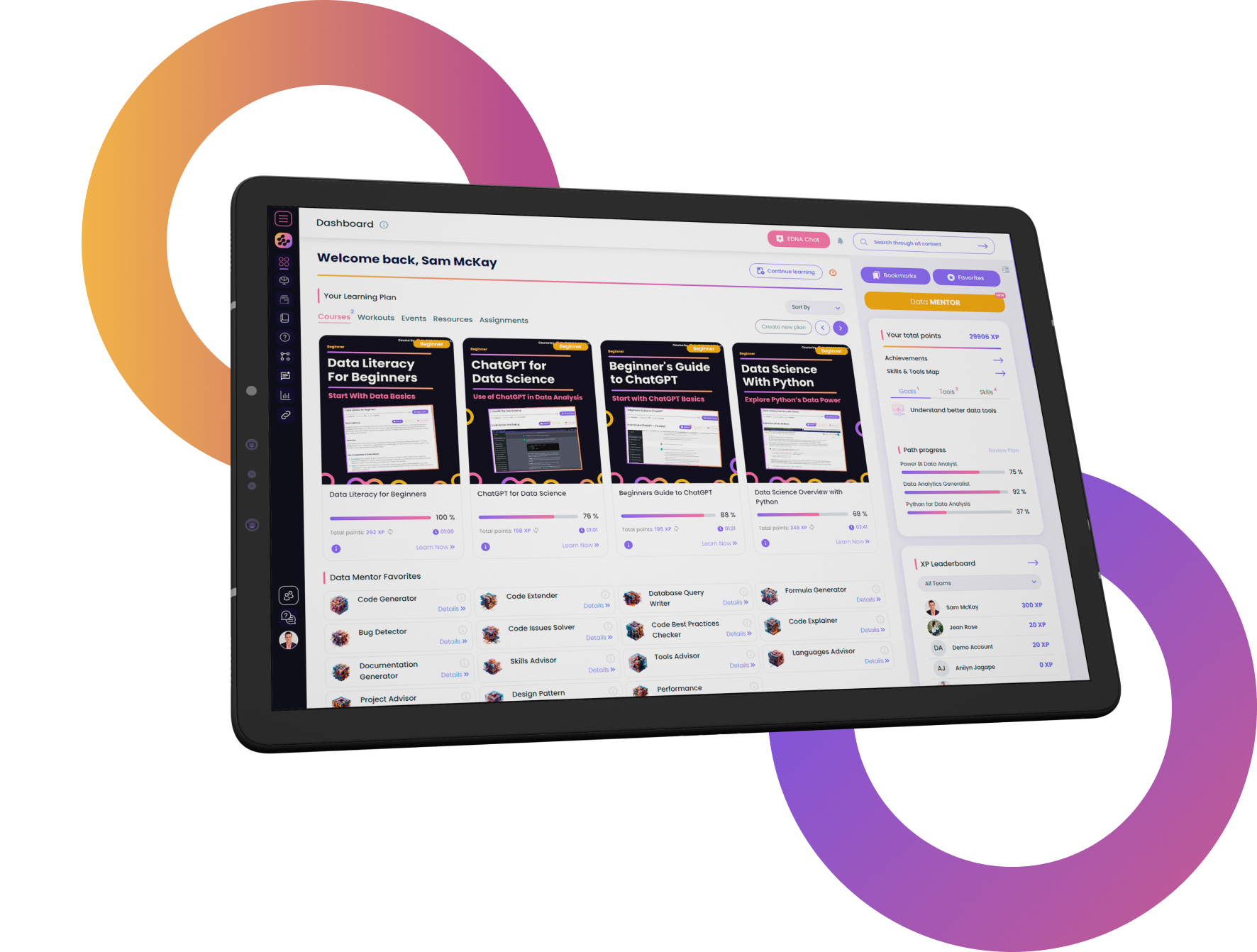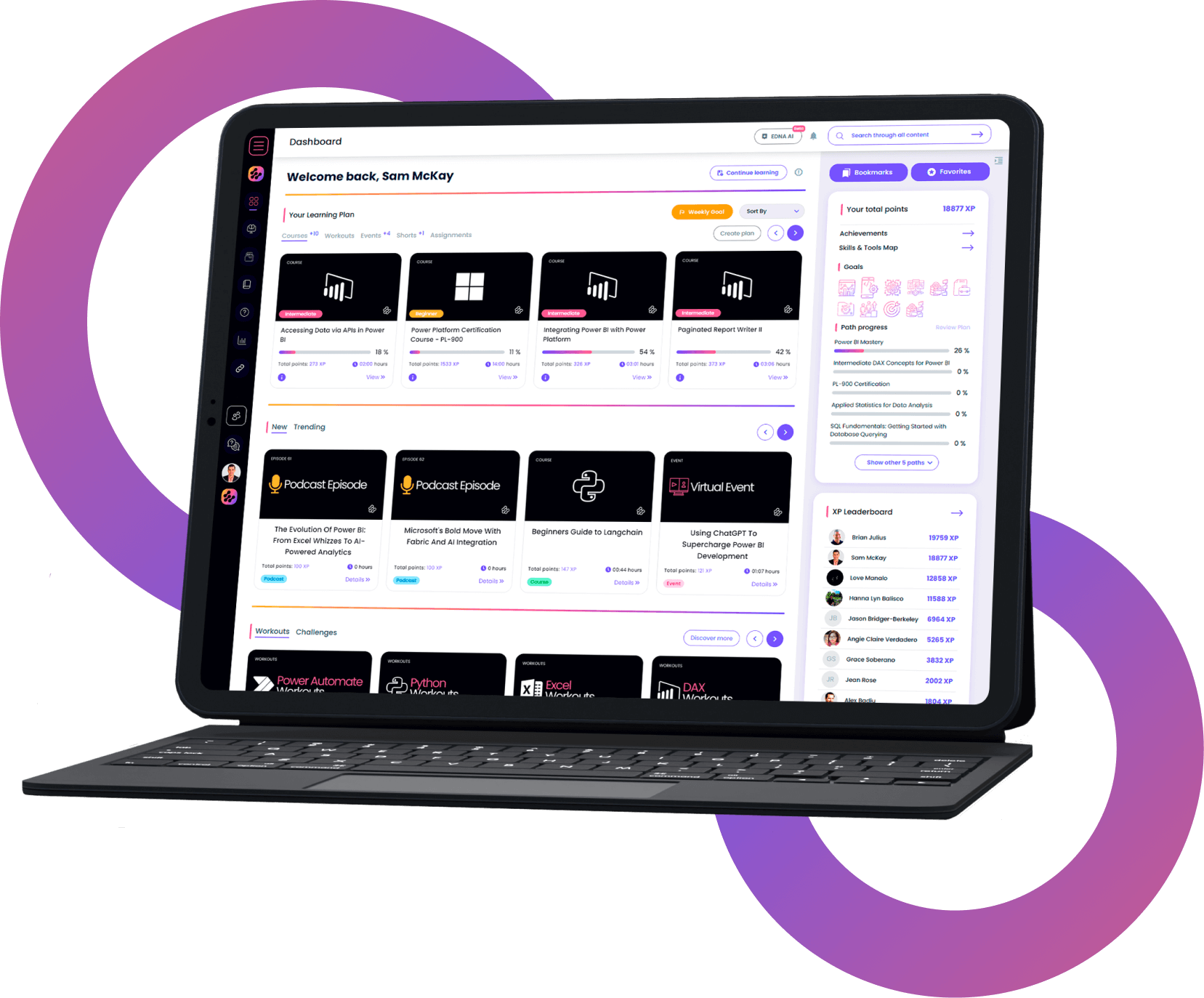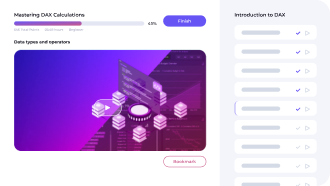SQL Analyst
SQL (Structured Query Language) is a programming language used for managing and manipulating data in relational databases, allowing users to create, retrieve, update, and delete data from tables and perform complex operations such as joining multiple tables, filtering data, and aggregating information.
SQL stands for Structured Query Language. It is a programming language used to manage and manipulate data in relational databases. SQL is a standard language used by most of the relational database management systems (RDBMS), including Oracle, MySQL, Microsoft SQL Server, PostgreSQL, and others.
SQL allows users to create, update, and delete data in a database,as well as retrieve data from one or more tables in a database. SQL can also be used to create views, stored procedures, and triggers that can enhance the functionality and performance of a database. SQL is an essential skill for data analysts, developers, and database administrators who work with relational databases.
A SQL Analyst is a professional who uses SQL (Structured Query Language) to analyze data from databases, create queries, write stored procedures, and develop reports. SQL Analysts are responsible for extracting data from various sources, transforming and loading data into databases, and querying data to provide insights to stakeholders. They also work on developing and optimizing SQL scripts and creating data visualizations to help business users understand data better. SQL Analysts can work in various industries, including finance, healthcare, retail, and technology.
EDNA MeasureUp practice test for SQL Analyst Skills
This Assessment test is consisting of 24 questions.
The SQL Analyst Skills Assessment Test is designed for individuals who possess the technical skills to accomplish the following tasks:
- Write complex SQL queries to extract and manipulate data from relational databases.
- Design, develop, and maintain SQL databases, tables, and views.
- Optimize SQL queries and database performance using indexing and other techniques.
- Utilize SQL for data analysis, reporting, and visualization.
- Develop and maintain data models and schemas.
- Utilize SQL to extract data from non-relational data sources, such as NoSQL databases.
- Utilize SQL for data migration and transformation.
- Utilize SQL for database administration, including security, backup, and recovery.
- Develop and maintain database documentation, including technical specifications and user manuals.
- Continuously improve SQL practices and methodologies to increase efficiency and productivity.
These are just a few examples of the technical tasks that an SQL analyst may be expected to accomplish on the job. Other skills and responsibilities may vary depending on the specific role and industry.
What our Students Say
Latest Assessments
Loading
Frequently Asked
Questions
What’s the difference between a free account and a paid plan?
Do I need to know anything about data science or data analytics to get started with Enterprise DNA?
How will I be charged?
Can I get an invoice for my company?
Are refunds available?
Will AI take over the world and make data skills worthless?
Get full access to unparalleled
training & skill-building resources

FOR INDIVIDUALS
Enterprise DNA
For Individuals
Empowering the most valuable data analysts to expand their analytical thinking and insight generation possibilities.
Learn MoreFOR BUSINESS
Enterprise DNA
For Business
Training, tools, and guidance to unify and upskill the data analysts in your workplace.
Learn More




